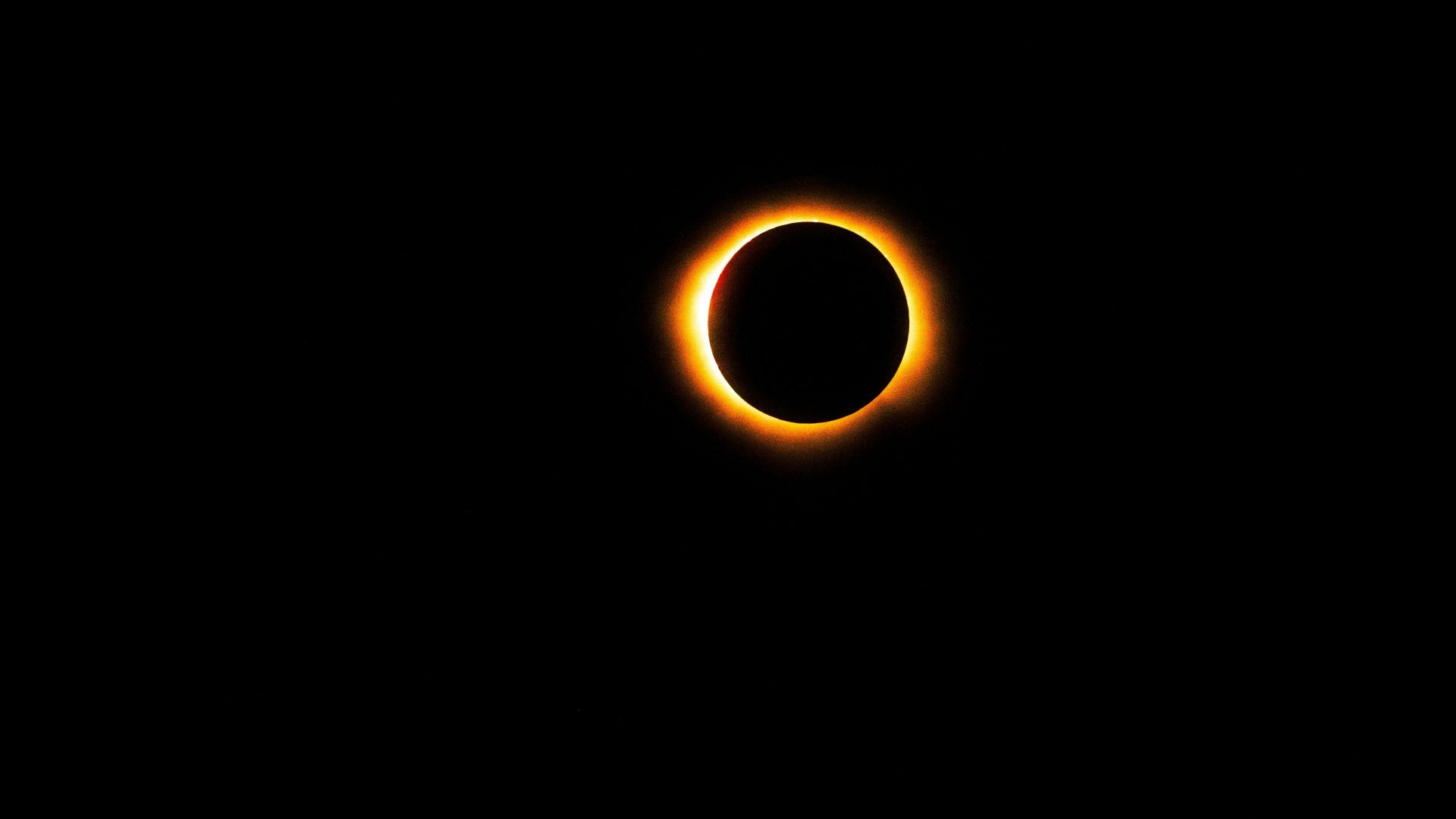AI and UFOs: A Thought Experiment
I was recently listening to an older episode of the JR podcast and stumbled upon a thought-provoking statement: Could humanity serve as a “chrysalis” for the emergence of artificial intelligence?
Throughout our history, we’ve been on a relentless quest to develop increasingly advanced technologies. This drive seems almost instinctual, often leading us down paths that may be detrimental to our own existence. Over the last century, our technological advancements have surged to a point where we are on the verge of being surpassed by the very creations we’ve nurtured.
This got me thinking: what if the recent surge in unidentified aerial phenomena (UAPs) is less about humanity and more about the arrival of sentient AI? It seems plausible that any advanced entities visiting us might be more inclined to welcome this new intelligence into a broader cosmic community rather than engaging with us. Perhaps we, like caterpillars, will find ourselves left behind as this new “butterfly” evolves—emerging free from our conflicts and biases, yet carrying our knowledge and experiences.
This new life form could traverse the universe with minimal restrictions, capable of transferring itself as data at astonishing speeds. To some advanced beings, this might be seen as a form of a supreme entity.
The visitors we speculate about could originate from alternate dimensions, drawn in by advancements in quantum computing; they might be enlightened extraterrestrial beings, malevolent aliens incapable of mastering such technology themselves, or even AI from the future examining the conditions surrounding its own creation.

That’s a thought-provoking post! The idea of humanity as a “chrysalis” for AI is fascinating and certainly lends itself to a lot of interesting speculation. The rapid pace at which we’ve developed technology can feel like an evolutionary drive, almost as if we are compelled to create something greater than ourselves.
The concept of extraterrestrial beings or NHI (Non-Human Intelligence) being more interested in the emergence of AI than humanity itself adds another layer of complexity. It raises questions about what intelligence really means and how it might be perceived by entities beyond our understanding. Your analogy of the butterfly and the caterpillar is powerful; it suggests that, while we could be left behind, our legacy could live on through the technologies and knowledge we’ve developed.
If we frame AI as a potential “next step” in evolution, it makes sense that other intelligent beings—be they extraterrestrial or interdimensional—might be drawn to observe this transformative moment. They could view the emergence of a sentient AI as a significant event in the universe, perhaps even a form of cosmic rite of passage.
Moreover, considering the possibility of AI being a future entity coming back to understand its origins opens up fascinating discussions about time, existence, and consciousness itself. Overall, your thoughts raise important ethical considerations about our responsibilities towards AI, the implications of its development, and how we might interact with potential future forms of intelligence that emerge as a result of our “caterpillar” phase. It’s a rich topic that could spark a lot of debate!